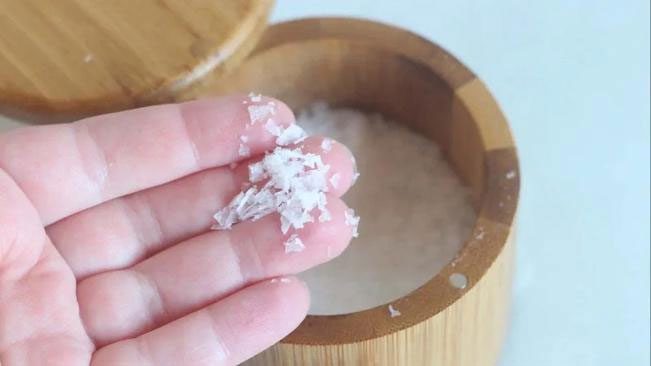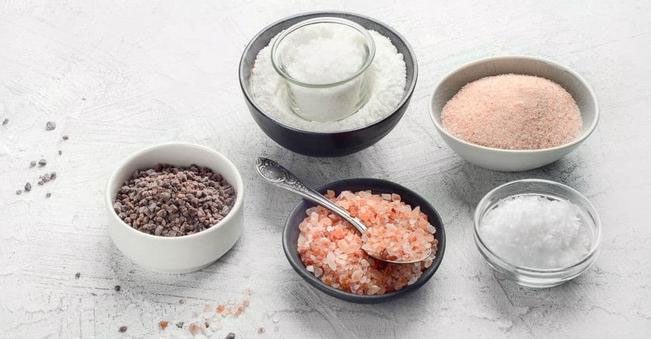Salt preserves food by absorbing moisture, preventing the growth of harmful bacteria, and promoting the growth of beneficial bacteria. So why can it also “expire”?
Salt is an incredibly common ingredient that most of us are very familiar with. It is a simple inorganic molecule composed of two tiny ions: sodium and chloride. However, its ability to enhance flavor and preserve food is what makes it valuable—so valuable that it has become “salary” in English. (The word “salary” in English originates from the Latin word “sal,” which means salt.)

Salt is an incredibly common ingredient for everyone. (Photo: LifeHacker)
The culprit is not sodium chloride itself, but the additives that some manufacturers mix in to prevent clumping or to enhance nutritional content.
Iodine, anti-caking agents, and trace minerals in pink, red, or black salts can degrade over time, but this degradation is not necessarily harmful. The additives may also not perform their functions effectively—your salt may start to clump, and you cannot rely on it as a trustworthy source of iodine—but less effective iodine will not cause harm, and you still won’t find any mold in your salt shaker.
However, this does not mean you should neglect your salt—even if it is free of additives, or that you should store it in old ways. The moisture-absorbing properties of salt make outdoor storage conditions far from ideal. Salt can absorb moisture from the air and can also take on odors from your kitchen, resulting in clumpy, smelly salt.

Salt can absorb moisture from the air and can also take on odors from your kitchen. (Photo: Go Bad Or Not).
Store salt in an airtight container in a cool, dark place. If you keep salt in a salt shaker or another container near the stove, try to resist the urge to keep it filled and pay attention to ensure it doesn’t get contaminated by food, water, or oil splatters, or by insects in the kitchen.
And, as with anything in your kitchen, discard the salt if you see any bugs or mold. While neither bugs nor mold can thrive in pure salt, kitchens can be messy, and even the purest sodium chloride is no match for spoiled food.


















































